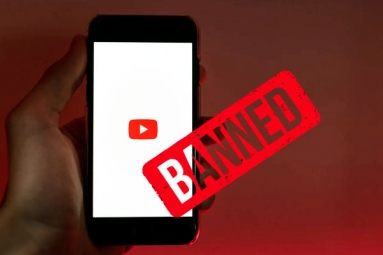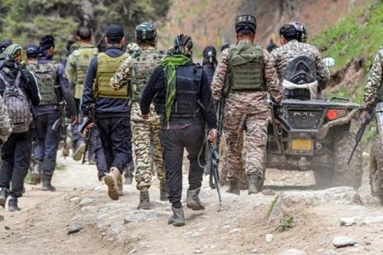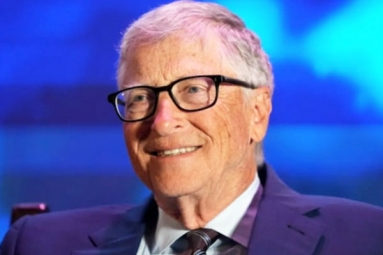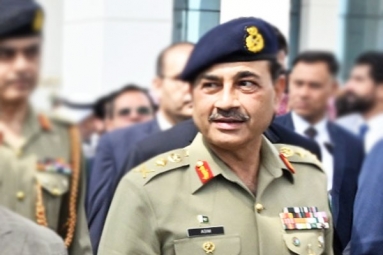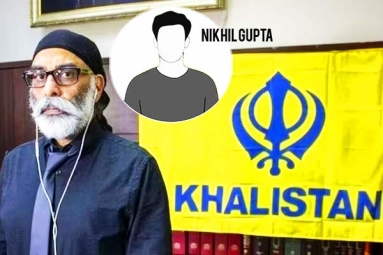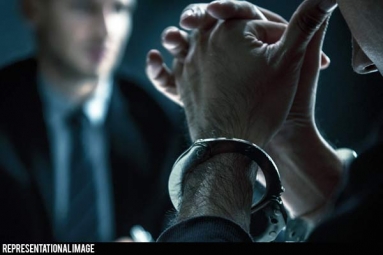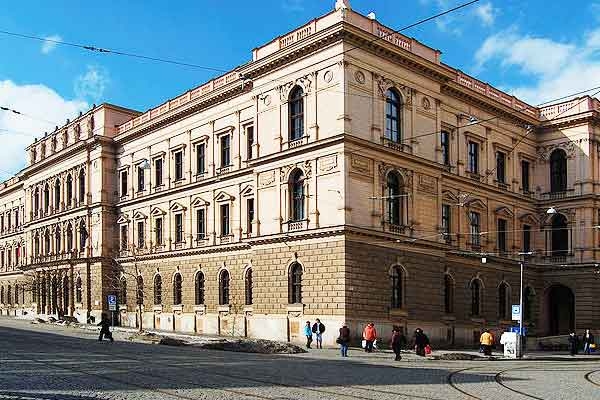
(Image source from: Wikimedia.org)
The Czech Constitutional Court rejected the plea of Indian citizen Nikhil Gupta to block his extradition to the US on charges of conspiring to murder a Khalistani lawyer. The court stated that all legal procedures were followed and dismissed Gupta's claim that the charges were politically motivated. In November 2023, an indictment was unsealed in which the US had requested Gupta's extradition to face these charges. The indictment also revealed that an Indian government official instructed Gupta to hire a hitman for this purpose. It was also mentioned that Gupta had prior knowledge of the plan to assassinate Canadian national Hardeep Singh Nijjar, who was classified as a Khalistani terrorist by India. In its ruling on May 22, the Czech Constitutional Court announced that no rights or freedoms guaranteed by the constitution would be violated by allowing Gupta's extradition. The court declared that for Gupta, this marks the end of legal proceedings in Czech courts. The final decision on extradition now rests with the Czech Justice Minister.
As usual, there were no oral hearings and the decision was made based on written materials obtained from various sources such as the Municipal Prosecutor’s Office in Prague, the High Court and the Municipal Court in Prague, and the Ministry of Justice. Gupta was arrested in June of last year upon arriving at Vaclav Havel international airport in Prague at 6.33 pm, but his arrest was not publicly disclosed until November by US prosecutors. On June 19, 2023, the US prosecutors officially requested for Gupta's arrest and extradition to the Czech Republic, which was then submitted to the Czech Justice Ministry on June 27. The news about Gupta's legal proceedings before the Czech judiciary was first reported by The Wire in December of last year. On November 23, 2023, the Czech Municipal Court approved the extradition request but Gupta appealed against it. The High Court also approved the admissibility of the extradition request on January 8 this year. To halt the extradition proceedings until a final decision is made, Gupta's defence lawyer took his case to the Constitutional Court on January 19.
Gupta filed a complaint to the constitutional court, alleging that the lower courts did not follow proper legal procedures. He claimed that the US request was both political and paramilitary, and should therefore be examined in that context. In support of his argument that the charges were politically motivated, Gupta noted that the Indian government had included the victim on their list of terrorists. Although the US charges did not name the victim, it is well known that he is a dual citizen of both the US and Canada, and serves as general counsel for Sikhs for Justice, a group banned by India as a terrorist organization. The Czech Justice Ministry objected to this line of reasoning, stating that the lower courts had thoroughly explained their decision regarding the non-political nature of the crime.
"At the same time, the High Court in Prague considered both the extradition materials submitted by the US in August 2023 and the substitute indictment while evaluating the matter," stated the Constitutional Court order, citing the Ministry of Justice. Gupta also argued that the Municipal Court had issued its ruling before a new detailed indictment from US prosecutors was unsealed, depriving him of an adequate opportunity to present his defense. He asserted that "the general courts prioritized swift decision making over safeguarding his fundamental rights" in his case. Additionally, Gupta restated that two agents from the Drug Enforcement Agency (DEA) of the US interrogated him and collected data from his phone upon his arrest at Prague Airport, despite lacking jurisdiction to conduct criminal proceedings in the Czech Republic.
In addition, he claimed that if extradited to the US, there was a possibility of being subjected to solitary confinement and harsh conditions that may violate Article 3 of the Convention for the Protection of Human Rights. The Constitutional Court ruled, based on a machine translation of the order, that the crime in question is not politically or militarily motivated. Furthermore, it agreed with the High Court's argument that Gupta is not a political activist and his actions were not intended to alter public affairs. In response to the defence's argument about Gupta's identity, the Constitutional Court asserted its confidence in the authenticity of the extradition documents and Gupta's identification.
According to the Czech Court, the lower courts had logically justified their decision not to gather further evidence. Therefore, they did not consider it to be "omitted evidence" as defined by local court practices. The court also acknowledged that if Gupta had admitted his obligations and commitment to the Indian secret service, they would have examined whether he was able or required to refuse the request of agent CC1. It was alleged by the US that an Indian government official, referred to as 'CC-1', was targeting US citizens on American soil. India formed a high-level committee to investigate these charges, but has not yet released their findings publicly. Interestingly, while India responded aggressively and took punitive measures when Canadian Prime Minister Justin Trudeau suggested their involvement in the killing of Nijjar, they reacted differently to the accusations made by the US.



